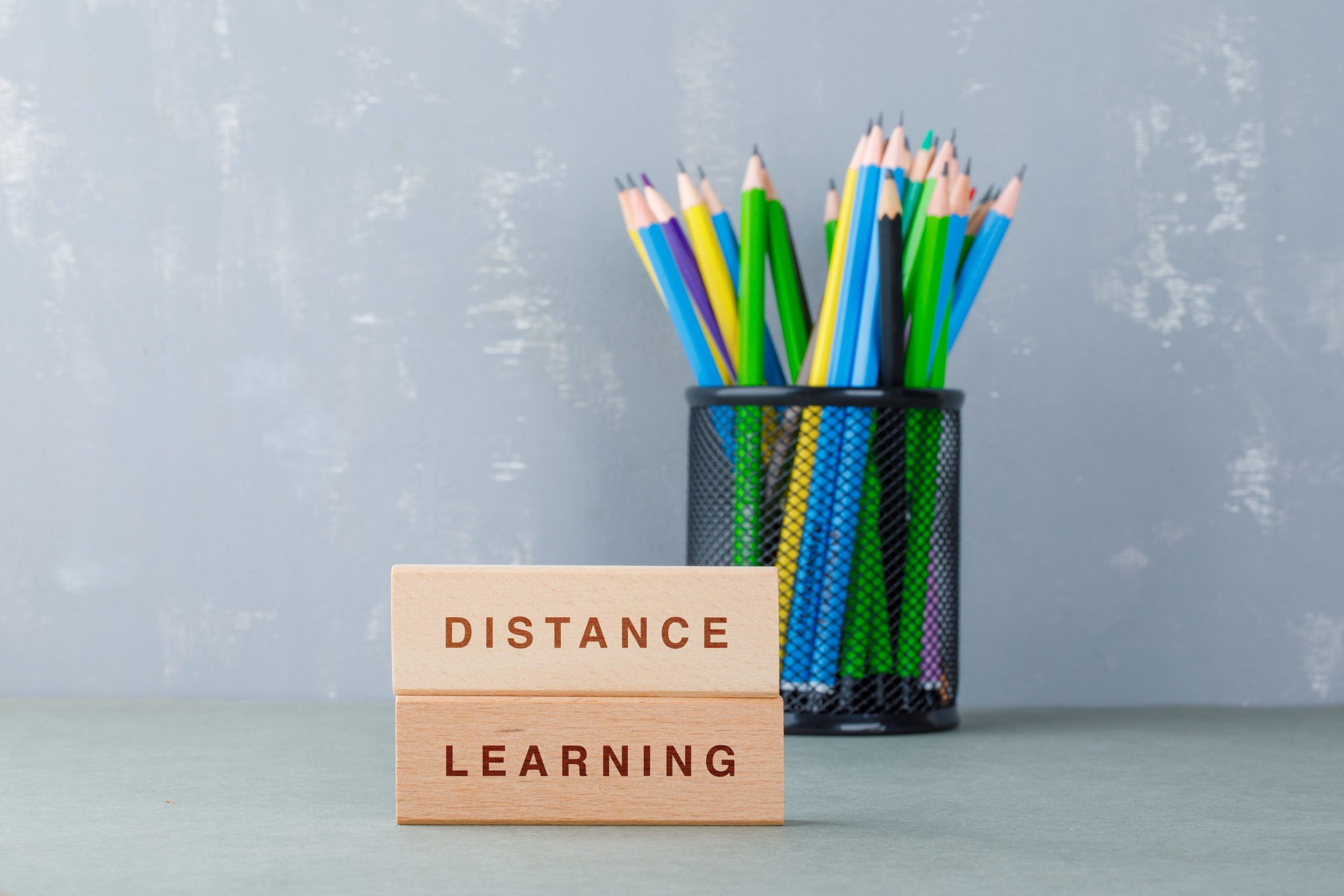“We always overestimate the change that will occur in the next two years and underestimate the change that will occur in the next ten. Don’t let yourself be lulled into inaction.”
Bill Gates, The Road Ahead
Providing opportunities for career growth is one of the key factors contributing to high levels of employee engagement including pride, advocacy, commitment and satisfaction in their role and with the organisation.
A study conducted in 2020 by *LinkedIn Learning showed a 130% increase (additional 4.8 million hours) in the amount of time employees spent globally learning on their platform. However, rather than simply up-skilling staff, a more holistic approach will ultimately result in a transformation of mindsets and produce resilient leaders capable of steering organisations through challenging and uncertain times.
“Values create value.”
Marc Benioff, Salesforce co-CEO
With the acceleration of working and learning online, we can use blended learning to create employee experiences across learning platforms with the potential for greater innovation, diversity of thought and resilient mindsets.
Why not empower staff with future-focused training such as artificial intelligence (according to a PricewaterhouseCoopers report, 72% of executives believe AI will be “the business advantage of the future”), machine learning, cloud computing alongside mindset training such as mindfulness, resilience and purpose.
A lack of self-awareness is found to be the single biggest factor in derailment of high potential leaders, therefore, given that awareness of self and others is a component of mindfulness, it plays a role in the success of high potential employees, and the effectiveness of processes that organisations have in developing high potential.
This emphasis on employee mindsets and experience will grow even more relevant as Generation Z – who identify work-life balance, personal well-being and a sense of community and justice as top-priorities – become a greater part of the global workforce (an estimated 33% by 2030). The future will see learning which is even more engaging, agile, accessible and collaborative and rather than just another mandatory job requirement, the foundations of a career.
*Leading with Learning, Linkedin Learning, 2020.







